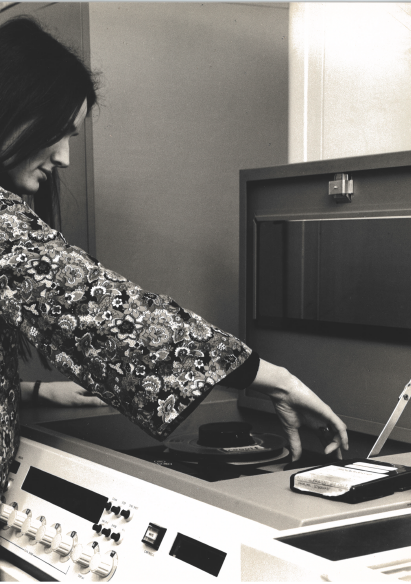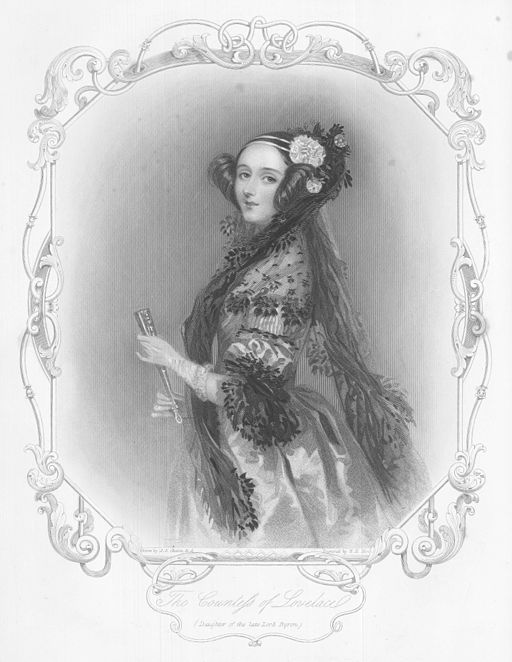The catalogue of the Oxford Women in Computing oral history project is now available online.
This oral history project captures the experiences of 10 pioneering women who were active in computing research, teaching and service provision between the 1950s and 1990s, not only in Oxford, but at national and international levels. The rationale for the project, funded by the Engineering and Physical Sciences Research Council, through grants held by Professor Ursula Martin, was that women had participated in very early stages of computing; aside from a few exceptions their stories had not been captured – or indeed told. Among the interviewees are Eleanor Dodson, methods developer for Protein Crystallography and former research technician for Dorothy Hodgkin and Linda Hayes, former Head of User Services at the Oxford University Computing Service – now University of Oxford IT services. Leonor Barroca left Portugal in 1982 as a qualified electrical engineer to follow a boyfriend to Oxford – later that year she was one of three women on the university’s MSc in Computing course. Leonor also worked briefly as a COBOL (common business-oriented language) programmer for the Bodleian Libraries.
Themes throughout the interviews, which were conducted in 2018 by author and broadcaster Georgina Ferry, include:
- career opportunities and early interests in computing
- gender splits in computing
- the origins and development of computing teaching and research in Oxford
- development of the University of Oxford’s Computing Service and the commercial software house the Numerical Algorithms Group (NAG).
The Oxford Women in Computing oral histories serve as a source for insight into nearly half a century of women’s involvement in computing at Oxford and beyond. The collection will particularly be of use to those interested in gender studies and the history of computing.
The interviews can be listened to online though University of Oxford podcasts here.

Communications programmer Esther White in the early days of the University of Oxford’s Computing Service. © University of Oxford
